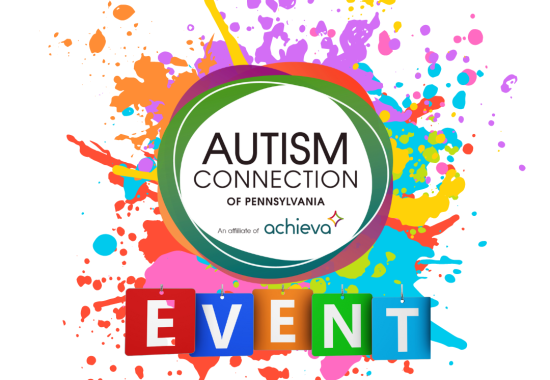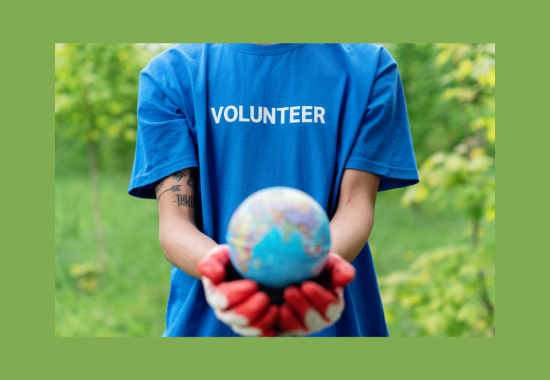This is really important is usually that last passing thought I remember about the very important thing I was holding before my memory goes stark white. The phenomenon of blanking out after placing an important item (amusement park tickets in the upcoming scenario) isn’t uncommon. I mean, they even make memes about it.

Me: I’ll just tuck this away so I don’t lose it.
Narrator: She would never find it again.
So when Autism Connection received an email from a parent in the aftermath of absentmindedness, we completely understood.
Parent:
“We were an hour into our drive to Idlewild when I realized I left the tickets at home. Major mom fail. Any chance there are etickets on file?”
Autism Connection:
“Hi ____________,
They’re print only but show them the receipt in this email and let them know what happened. I can relate to this 100 percent because it’s something I’ve done countless times. I’ll give Idlewild a call in the meantime. Also, they can call me if you run into any issues trying to get in.
I’ll also try to find the numbers on your tickets, too.”
***
We called Idlewild and got a disappointing response at first—They need barcodes, not ticket numbers or receipts. The barcode is the ticket in. Very important. The Idlewild employee was patient in listening to me plead our case, and we tossed solutions at the problem, including having the family email the barcodes after they return home. We were left with “I’m not sure what we can do. I’ll talk to the front office, but we’re really busy.”
We left Autism Connection’s contact information in hopes for a quick call back. In the meantime, we reached out to the family rapidly approaching Idlewild.
Autism Connection:
“Idlewild said they need the barcodes, so they don’t think they can do anything on their end. I’m waiting for her to call me back. Sorry about the delay. She said the park is very busy right now. Hoping to hear back asap.
If you have them scanned on your phone, they can get the barcodes. If not, we’re hoping they make an exception today.”
***
We didn’t get a call back from Idlewild, but we did get an email.
Parent:
“Thank you!
So many different things to stress about…headphones, snacks, water…that it’s easy for things slip my mind. (Many things) added to my distractions…
…They did let us in, and the exit pass to help with the lines was also a lifesaver.
We had a great day and a successful family outing minus my mom fail.
Thank you for the discounted tickets and making a call. Certainly, give them a shout out for being so flexible and understanding.”

So colossal Thank You, Idlewild!
***
Happy ending, yes, but one aspect of the situation, a phrase, continues to gnaw on my thoughts.
“We had a great day and a successful family outing minus my mom fail.”
To the Parent from Autism Connection:
You didn’t fail. You had a human moment; a completely understandable human moment, and you had the presence of mind to reach out to people who truly want to help.
That is the most important thing.





